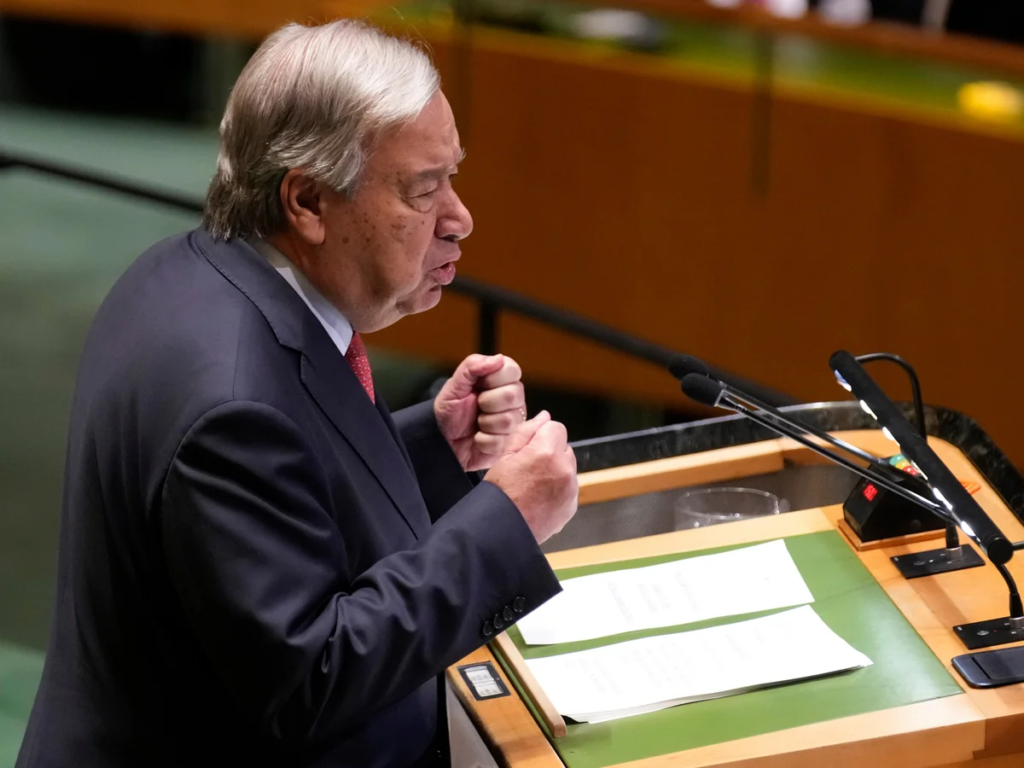The Call for Ceasefire: Lebanon’s Plea Amid Escalating Tensions
In the midst of escalating violence between Israel and Hezbollah, Lebanon’s Prime Minister Najib Mikati has made a fervent appeal for a ceasefire. This plea comes at a critical juncture, as the conflict has not only intensified but also caused significant civilian casualties and displacement. The situation demands a closer examination of the underlying causes, the current state of affairs, and the potential pathways to peace.

Historical Context
The conflict between Israel and Hezbollah is deeply rooted in historical, political, and territorial disputes. Hezbollah, a Shiite militant group based in Lebanon, has been in conflict with Israel since its formation in the early 1980s. The group’s primary objective has been to resist Israeli occupation and influence in Lebanon and the broader Middle East. Over the years, this conflict has seen numerous escalations, with significant wars in 2006 and the ongoing hostilities since 2023.
Recent Escalations
The recent surge in violence can be traced back to a series of provocative actions and retaliatory strikes. Israel’s assassination of Hezbollah’s leader, Hassan Nasrallah, marked a significant escalation. This act was followed by intense Israeli airstrikes targeting Hezbollah positions across Lebanon, including densely populated areas in Beirut. Hezbollah, in turn, has continued to launch rockets into northern Israel, leading to a cycle of violence that shows no signs of abating.
Humanitarian Impact
The humanitarian toll of this conflict has been devastating. Israeli airstrikes have resulted in significant civilian casualties and widespread destruction of infrastructure in Lebanon. Over 1,000 Lebanese civilians have been killed in just two weeks, with many more injured and displaced. The relentless bombardment has left entire neighborhoods in ruins, exacerbating the already dire humanitarian situation in Lebanon.
Prime Minister Najib Mikati’s Appeal
In this context, Prime Minister Najib Mikati’s call for a ceasefire is both timely and necessary. Mikati has emphasized the urgent need to halt the violence to prevent further loss of life and to create a conducive environment for dialogue. His appeal underscores the importance of diplomatic efforts and international intervention to mediate the conflict and bring about a sustainable resolution.
Pathways to Peace
Achieving a ceasefire and moving towards lasting peace will require concerted efforts from all parties involved. Key steps include:
- International Mediation: Engaging international actors such as the United Nations, the United States, and regional powers to mediate and facilitate negotiations between Israel and Hezbollah.
- Humanitarian Aid: Providing immediate humanitarian assistance to the affected populations in Lebanon, including medical aid, food, and shelter.
- Dialogue and Diplomacy: Encouraging direct talks between Israeli and Lebanese officials, with the aim of addressing the root causes of the conflict and finding mutually acceptable solutions.
- Ceasefire Agreements: Establishing and enforcing ceasefire agreements to halt the violence and create a stable environment for peace talks.
Conclusion
The call for a ceasefire by Lebanon’s Prime Minister Najib Mikati highlights the urgent need for peace in a region plagued by conflict. As the violence continues to escalate, the international community must act swiftly to support diplomatic efforts and provide humanitarian relief. Only through sustained dialogue and cooperation can a lasting resolution be achieved, bringing hope and stability to the people of Lebanon and Israel.




















